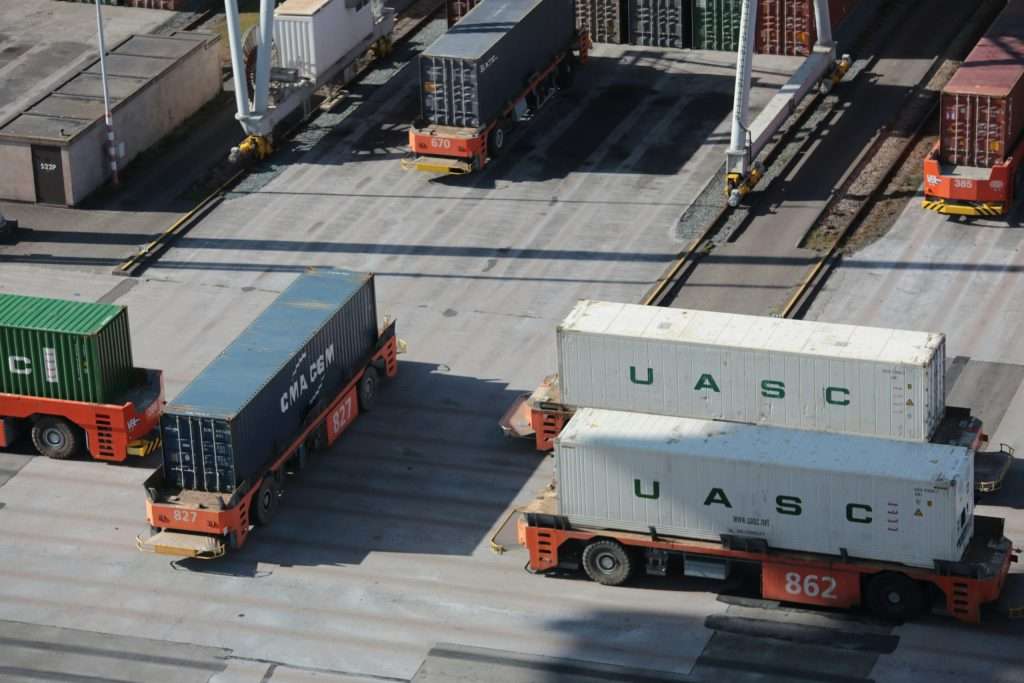As the logistics sector transforms at a rapid pace, supply chain leaders face new challenges that demand adaptive strategies and innovative thinking. This article explores five key trends shaping the industry and offers insights on how to navigate them effectively
Industry Consolidation and the Rise of Tech-Driven Solutions
The logistics industry is witnessing a wave of consolidation, with major players acquiring smaller firms to expand their capabilities. This trend is leading to the emergence of larger, more integrated logistics service providers (LSPs) capable of managing complex global operations. To stay competitive, these LSPs are investing in advanced technologies like AI and cloud-based systems to optimize their operations and facilitate seamless integration of services across their business units.
Nearshoring Operations and the Role of Advanced Analytics
In response to global conflicts and political tensions, companies are diversifying their operations by moving certain suppliers closer to home, a trend known as nearshoring. LSPs are adapting to these changes by expanding their services in emerging nearshore locations and investing in advanced route optimization software. They are also developing advanced data analytics capabilities to predict potential disruptions and optimize inventory levels across new production sites.
Addressing Labor Shortages through Automation and Innovative HR Strategies
The logistics sector is grappling with a severe workforce shortage. To address this, LSPs are turning to a combination of technology and innovative human resource strategies. Robotics and automation are playing a crucial role in this regard, with companies deploying automated guided vehicles and robotic arms for material handling.
Navigating Tougher Sustainability Regulations with Eco-friendly Solutions
Governments worldwide are implementing stricter regulations to combat climate change, pushing LSPs to reduce their environmental impact. In response, LSPs are adopting a multi-faceted approach powered by technology. They are investing in energy management systems, electric and hybrid vehicles, and AI-powered route optimization software to minimize fuel consumption and emissions.
Managing the Surge in Product Returns Efficiently
The e-commerce boom has led to a surge in product returns, posing both challenges and opportunities for LSPs. To tackle this, LSPs are expanding their returns strategies and leveraging intelligent returns management systems to improve efficiency and recapture lost revenue faster.
In conclusion, to stay competitive, LSPs must embrace these emerging trends and leverage innovative solutions that enable agility, efficiency, and innovation. Cloud-based logistics platforms offer powerful tools to help LSPs navigate these industry trends effectively.





